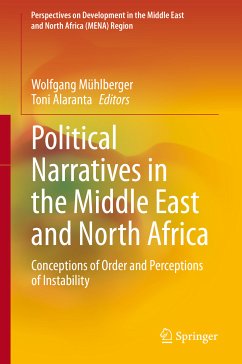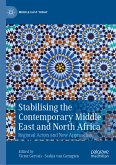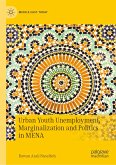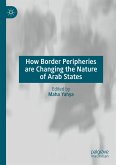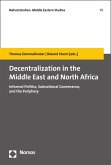The book is divided into two parts. The first focuses on non-state actors, such as confessional communities and ideological movements, who aim to develop narratives that are convincing to their respective polities. It also studies regional powers that seek to determine their positions in a competitive environment via distinctive narrations of order. In part two, the authors investigate the narratives of global players that aim to explain and justify their role in an evolving international order.
Dieser Download kann aus rechtlichen Gründen nur mit Rechnungsadresse in A, B, BG, CY, CZ, D, DK, EW, E, FIN, F, GR, HR, H, IRL, I, LT, L, LR, M, NL, PL, P, R, S, SLO, SK ausgeliefert werden.

